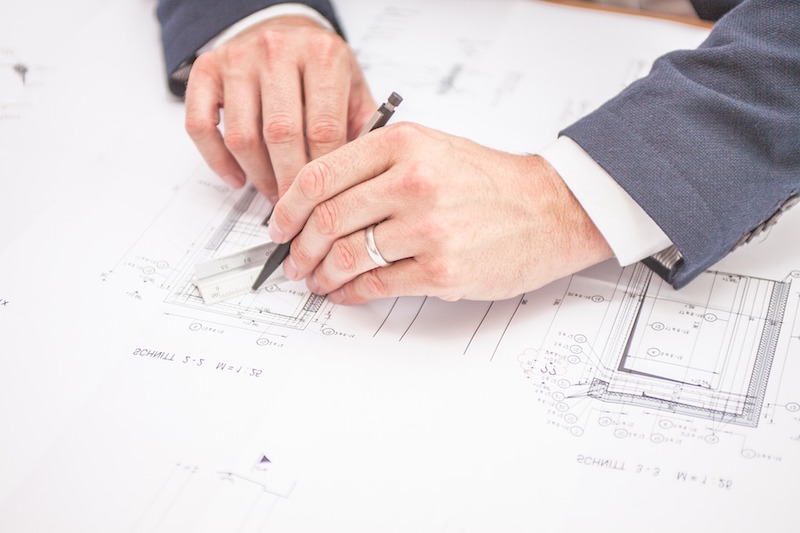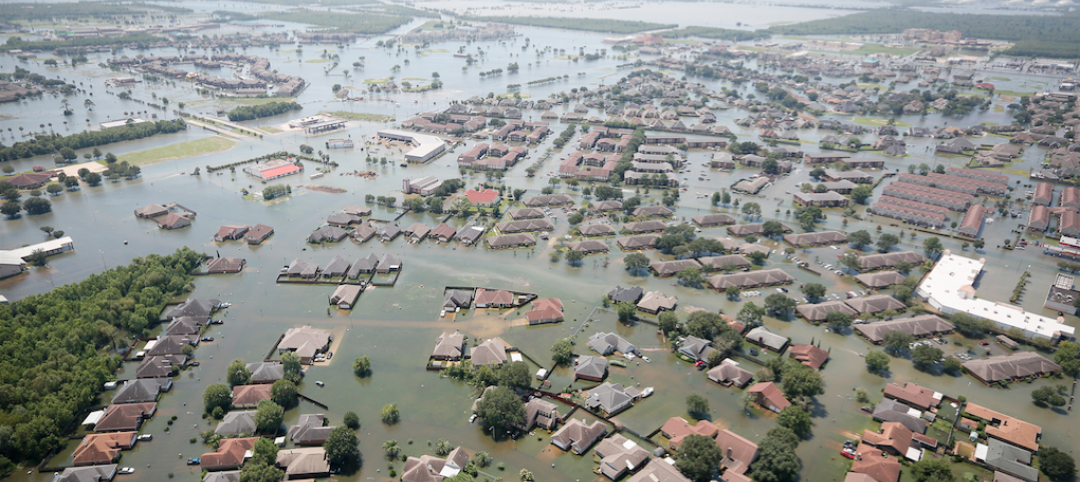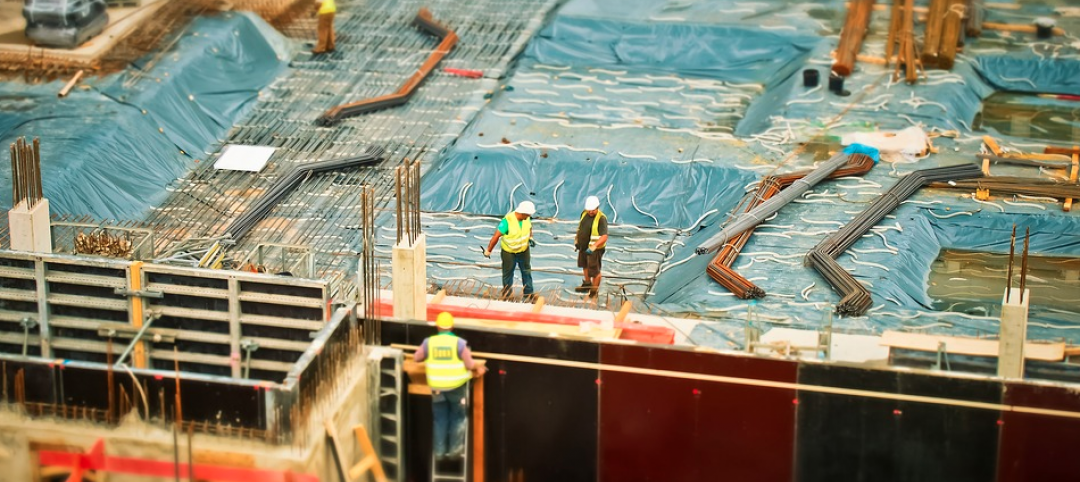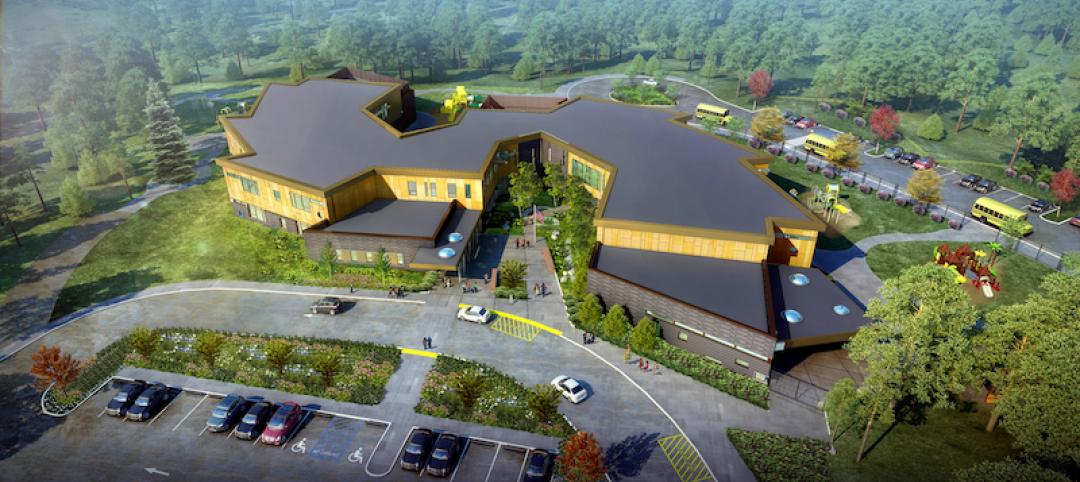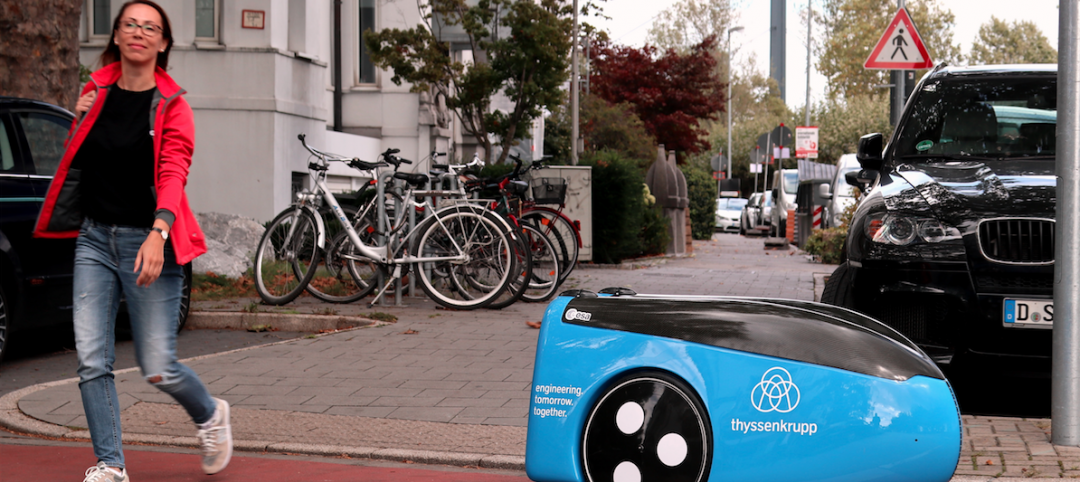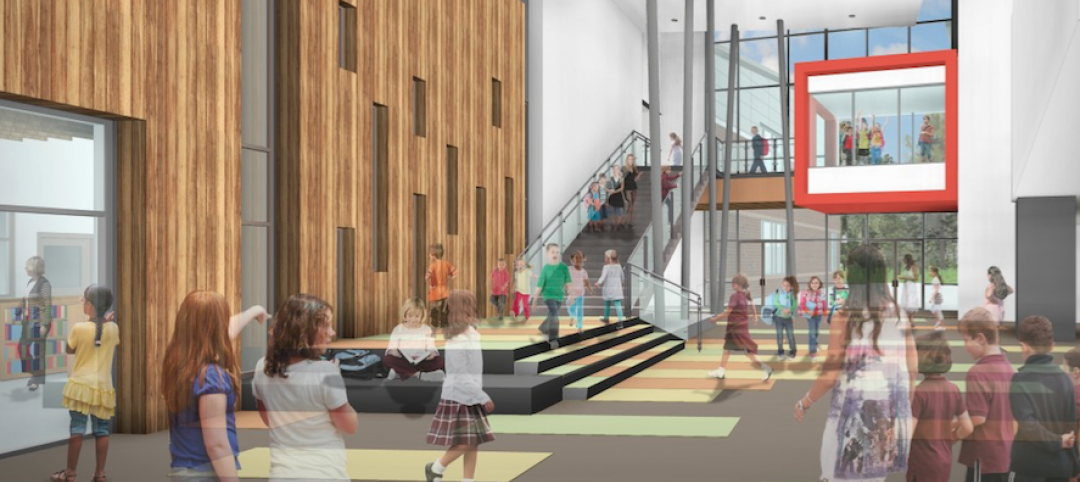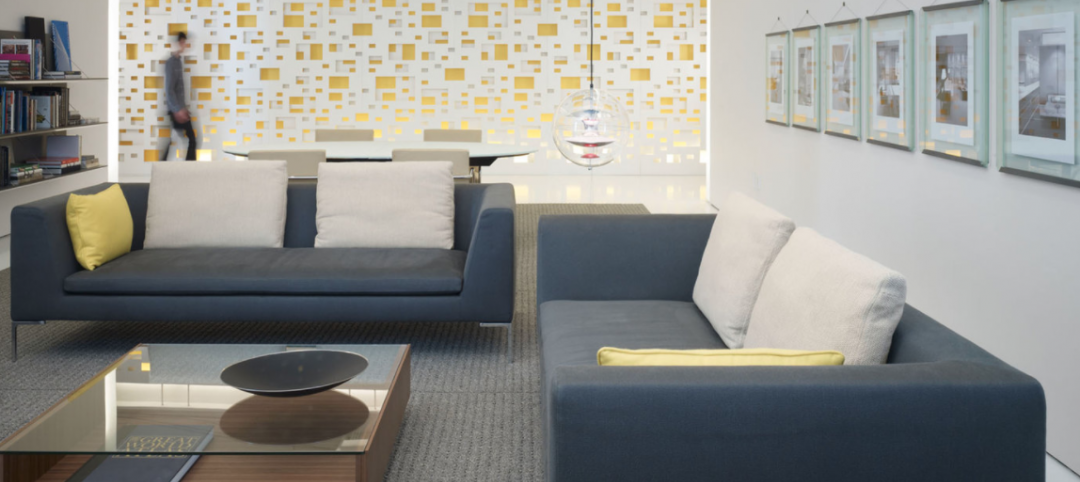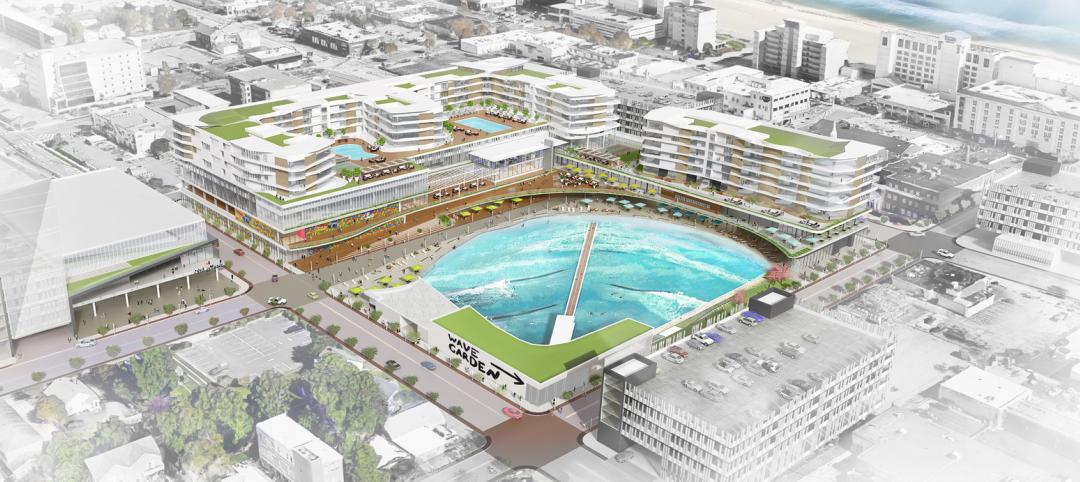The jury for the American Institute of Architects (AIA) Upjohn Research Initiative is providing $100,000 in grants to four research projects that will advance the future of architectural design and practice.
The purpose of the grant, now in its eleventh year, is to provide base funds for applied research projects that will advance the design profession’s knowledge and practice. The 18-month long project grant qualifies recipients to have their research findings and outcomes published both electronically and in a nationally distributed publication. This year’s recipients will research the following topics:
1.) The Impact of Biophilic Learning Spaces on Student Success
· Principal Investigators: James Determan, FAIA (Hord Coplan Macht) and Mary Anne Akers, PhD (Morgan State University).
· The researchers will study how biophilic learning environments correlate with stress reduction and enhanced cognitive performance toward improved learning outcomes for urban middle school students. A traditional classroom and an enriched classroom will be compared. Advised by the Salk Institute and Terrapin Bright Green, the researchers will enhance the biophilic classroom with a visual connection to nature, dynamic and diffused light, and biomorphic forms and patterns. This study aims to provide evidence of the link between biophilic classroom design and student success.
2.) Biophilic Architecture: Sustainable Materialization of Microalgae Facades
· Principal Investigator: Kyoung-Hee Kim, PhD (University of North Carolina at Charlotte).
· The project will prototype and study a microalgae façade, which is a sustainable building system based on the synthesis of biophilic, bioclimatic, and biomimicry design approaches. Results will provide alternatives to sustainable building materials and broaden the knowledgebase for integrated microalgae façades toward carbon-neutral building practices.
3.) Biodiverse Built Environments: High-Performance Passive Systems for Ecologic Resilience
· Principal Investigator: Keith Van de Riet, PhD, Assoc. AIA (The University of Kansas).
· Passive architectural systems capitalize on natural bioclimatic factors without the need for operational energy input. This project will study expanding the category of high-performance passive systems to include biodiversity as design criteria in architectural and landscape structures. The objectives of the study include the design and production of a full-scale prototype of an engineered-living wall panel derived from mangrove trees to be installed over an existing seawall in a tidal estuary. This process of integrating living systems within urban environments will be a collaboration among design and scientific communities.
4.) Tilt Print Lift - Concrete 3D Printing for Precast Assemblies
· Principal Investigators: Tsz Yan Ng (University of Michigan) and Wesley McGee (University of Michigan).
· The research seeks to develop 3D concrete printing technologies to produce prefabricated concrete panels for complex wall assemblies. The primary goal is to develop a prototypical panelized wall system that takes advantage of the geometric variability possible through additive manufacturing. Developing techniques for detailing and panel connections, this project will highlight new construction systems that are specific to 3D printing technology to address design-oriented goals. Focusing on the advancement of the manufacturing process, construction logistics, and performance criteria in relation to precast assemblies, the investigation will explore unique and novel designs for architectural production.
Grant recipients were selected this year by a seven-member jury comprised of members from the AIA College of Fellows and Board Knowledge Committee. Juror process and deliberations for selecting recipients were consistent with the double-blind peer review intent of the program, which helps add an element of rigor to the process whereby proposals are debated on their own merits. View this press release online here: https://www.aia.org/pres
Past recipients of the Upjohn Research Initiative can be reviewed on AIA’s website.
Related Stories
Industry Research | Jan 30, 2018
AIA’s Kermit Baker: Five signs of an impending upturn in construction spending
Tax reform implications and rebuilding from natural disasters are among the reasons AIA’s Chief Economist is optimistic for 2018 and 2019.
Market Data | Jan 30, 2018
AIA Consensus Forecast: 4.0% growth for nonresidential construction spending in 2018
The commercial office and retail sectors will lead the way in 2018, with a strong bounce back for education and healthcare.
Architects | Jan 29, 2018
14 marketing resolutions AEC firms should make in 2018
As we close out the first month of the New Year, AEC firms have made (and are still making) plans for where and how to spend their marketing time and budgets in 2018.
Education Facilities | Jan 29, 2018
My day as a kindergartner
The idea of a kindergarten-only school presents both challenges and opportunities in regards to the design.
AEC Tech | Jan 29, 2018
thyssenkrupp tests self-driving robot for ‘last mile’ delivery of elevator parts
“With driverless delivery robots, we could fill a gap and get spare parts from our warehouses to the jobsite faster,” said thyssenkrupp SVP Ivo Siebers.
Architects | Jan 26, 2018
Stephen Ayers, FAIA, honored with the 2018 AIA Thomas Jefferson Award
The award honors significant contributions to public architecture.
Architects | Jan 26, 2018
Recipients for the 2018 Collaborative Achievement Award selected
The recipients will be honored at the AIA Conference on Architecture 2018 in New York City.
K-12 Schools | Jan 25, 2018
Cost estimating for K-12 school projects: An invaluable tool for budget management
Clients want to be able to track costs at every stage of a project, and cost estimates (current and life cycle) are valuable planning and design tools, writes LS3P's Ginny Magrath, AIA.
Architects | Jan 25, 2018
Four keys to designing autistic-friendly spaces
Autism, in part, gave us modern architecture, writes PDR’s Julie Troung.
Sports and Recreational Facilities | Jan 25, 2018
Virginia Beach: A surf town with a wave problem no more
A world-class surf park will highlight Virginia Beach’s new live-work-play development.


